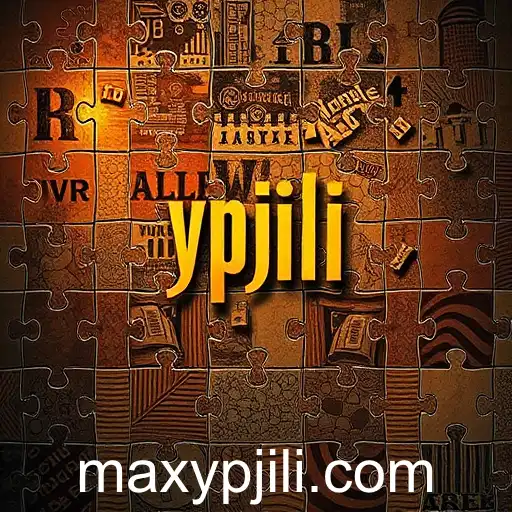Puzzle solving is a game category that has captivated players for generations, challenging minds and providing enjoyment through innovative problem-solving techniques. With the keyword 'ypjili', this thrilling genre encourages individuals to engage in creative and strategic thinking to overcome complex challenges presented across various game formats.
Players of puzzle-solving games are often drawn to the category for its ability to refine cognitive skills while providing a sense of accomplishment. From simple jigsaw puzzles to intricate escape room scenarios, these games demand attention to detail, patience, and an analytical approach. The versatility of the puzzle-solving genre has led to its expansion into a broad range of themes, such as mystery, adventure, and education, accommodating an audience with diverse interests.
The appeal of puzzle-solving games lies not just in their intellectual demands but also in their ability to provide a sense of progression and achievement. As players advance through stages, they are rewarded with the satisfaction of unraveling complexities and mastering challenges. This intrinsic motivation drives many to invest time in honing their skills, improving problem-solving capabilities that extend beyond the gaming sphere.
In recent years, technological advancements have further revolutionized the puzzle-solving game category. Developers now incorporate sophisticated graphics and interactive elements to enhance the player's immersive experience. Virtual reality (VR) and augmented reality (AR) technologies offer players the opportunity to physically interact with puzzle components, transforming the traditional gameplay experience into a dynamic and engaging journey.
Online platforms have also contributed to the genre's popularity by enabling communities of puzzle enthusiasts to share strategies, solutions, and experiences. These networks foster a sense of camaraderie among players, transforming puzzle-solving from an isolating activity into a social endeavor. Collaboration and competition among players often lead to innovative problem-solving techniques and improved strategies, pushing the boundaries of what is possible within the genre.
In education, puzzle-solving games serve as effective tools for developing critical thinking and enhancing learning experiences. Educators recognize these games' potential to teach concepts in mathematics, science, and language arts by presenting information in a fun, interactive format. Puzzle-solving encourages students to engage dynamically with material, promoting deeper understanding and retention.
Thus, ‘ypjili’ marks the essence of puzzle-solving as a compelling game category that blends satisfaction, intellectual stimulation, and entertainment. As this genre evolves, it will continue to challenge players and inspire creativity across various platforms and disciplines.

Dive into the world of puzzle-solving games, where creativity, logic, and patience converge to offer players an engaging and intellectually stimulating experience.




